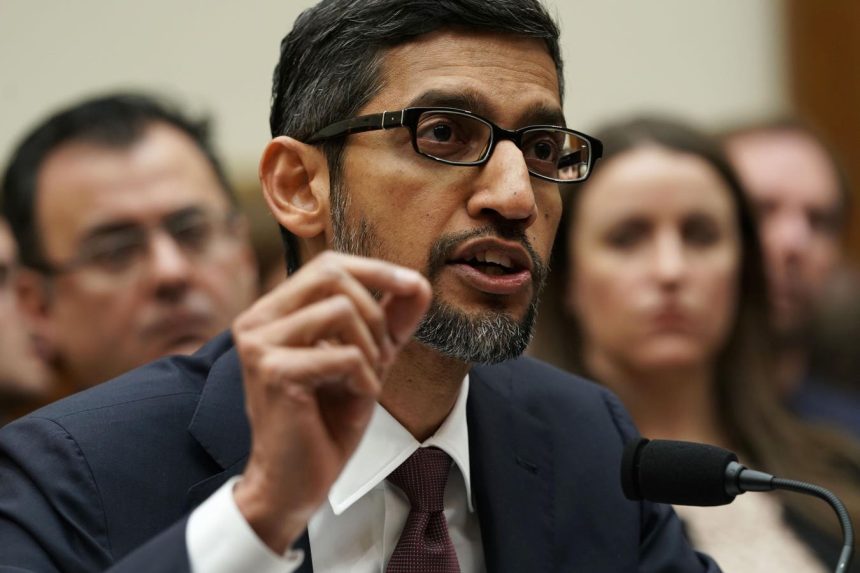In a significant development in the ongoing antitrust case against Google, the U.S. Department of Justice (DOJ) has put forth sweeping proposals aimed at addressing the alleged monopoly that Google holds in the online search market. Earlier this year, a federal judge confirmed that Google operated illegally within this domain. Among the DOJ’s proposed remedies are high-profile measures such as compelling Google to divest its widely used Chrome browser and banning lucrative distribution agreements, specifically the multi-billion dollar contract with Apple. Additionally, the government suggested restricting Google’s ability to mandate that Android device manufacturers include its apps, fundamentally transforming how Google operates in the tech landscape.
The implications of the DOJ’s filing extend beyond immediate concerns, as it introduces provisions that could limit Google’s influence over artificial intelligence (AI) technologies competing with its search functionality. The DOJ has called for Google to sell its equity interests in AI companies that pose a competitive threat to searches within a six-month timeframe following the court’s final judgment. Moreover, the DOJ seeks to prevent Google from pursuing new acquisitions or partnerships with AI firms that could encroach on its search business. This could include Google’s significant investment in the AI startup Anthropic, valued at nearly $40 billion, which poses a potential risk to Google’s search dominance with its AI model, Claude.
The DOJ’s strategy reflects a desire to preemptively shape the AI landscape so that it is not overwhelmingly controlled by already dominant firms like Google. John Kwoka, an economics and antitrust professor, emphasized the government’s efforts to prevent established companies from consolidating power in emerging technologies. However, this focus on AI seems somewhat disconnected from the antitrust case’s original scope, as many experts, including Cornel Law School’s George Hay, contend that the DOJ’s proposals stray far from the foundational arguments of the case. Such criticism raises questions about the appropriateness of including AI measures in a case primarily framed around online search monopolization.
While the proposals could stymie Google’s expansion and ability to innovate within the AI sector, Google has publicly criticized the DOJ’s actions as extreme, warning that the restrictions imposed would hinder essential investment in AI technologies. Google holds a portfolio of AI-related stakes beyond search technology, including companies like Runway, which develops video generation AI, and Tools For Humanity. The uncertainty surrounding whether the divestment proposals affect Alphabet’s venture firms has also sparked questions regarding the broader implications of the DOJ’s approach to investing in AI.
The ongoing antitrust litigation stems from Google’s robust search engine, a key revenue driver for parent company Alphabet, which amassed $307.4 billion last year predominantly through digital advertising. The federal government highlighted that Google allegedly employed illegal tactics, including agreements with Apple that positioned Google as the default search engine on various devices. Google countered the allegations by asserting that its dominant position is a result of superior service quality and consumer choice. As the trial progresses, a second phase is set to commence in April, determining the ramifications of Judge Amit Mehta’s earlier ruling against Google, with a final decision slated for August.
Despite historical leadership in AI, notably with initiatives like Google Brain and the acquisition of DeepMind, Google has faced competition that has potentially upended its preeminence. The rise of rival AI solutions, particularly OpenAI’s ChatGPT, has portrayed Google as racing to catch up, further highlighted by Microsoft’s support of OpenAI. The DOJ’s constraints on Google may appeal to some who worry about the concentration of power in the tech industry, but experts suggest these limitations may not diminish Google’s lead in AI development significantly. Google’s lengthy experience in AI positions it a step ahead of competitors, suggesting that even with imposed constraints, its foundational capabilities may remain intact as it continues to innovate and respond to the dynamic AI landscape.



